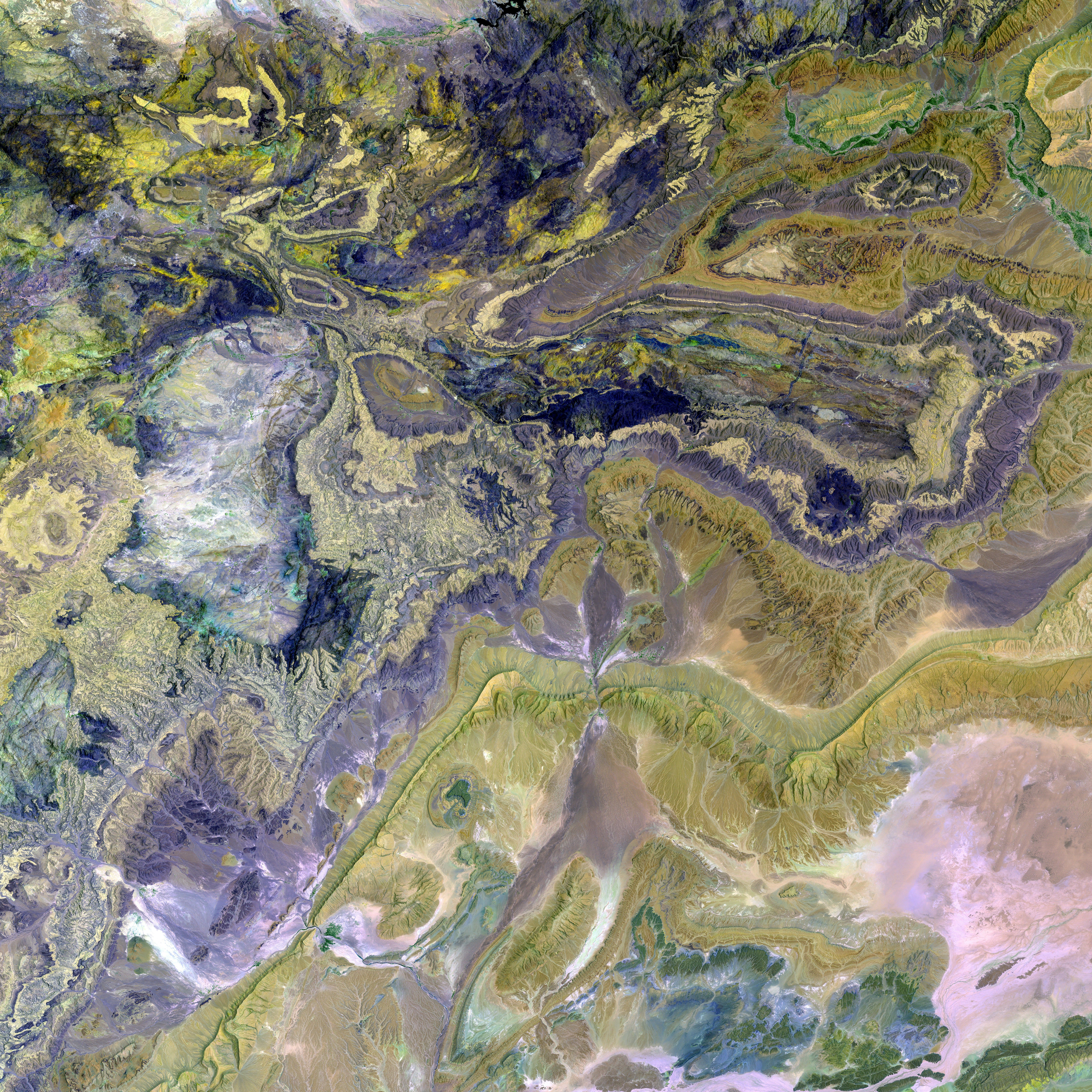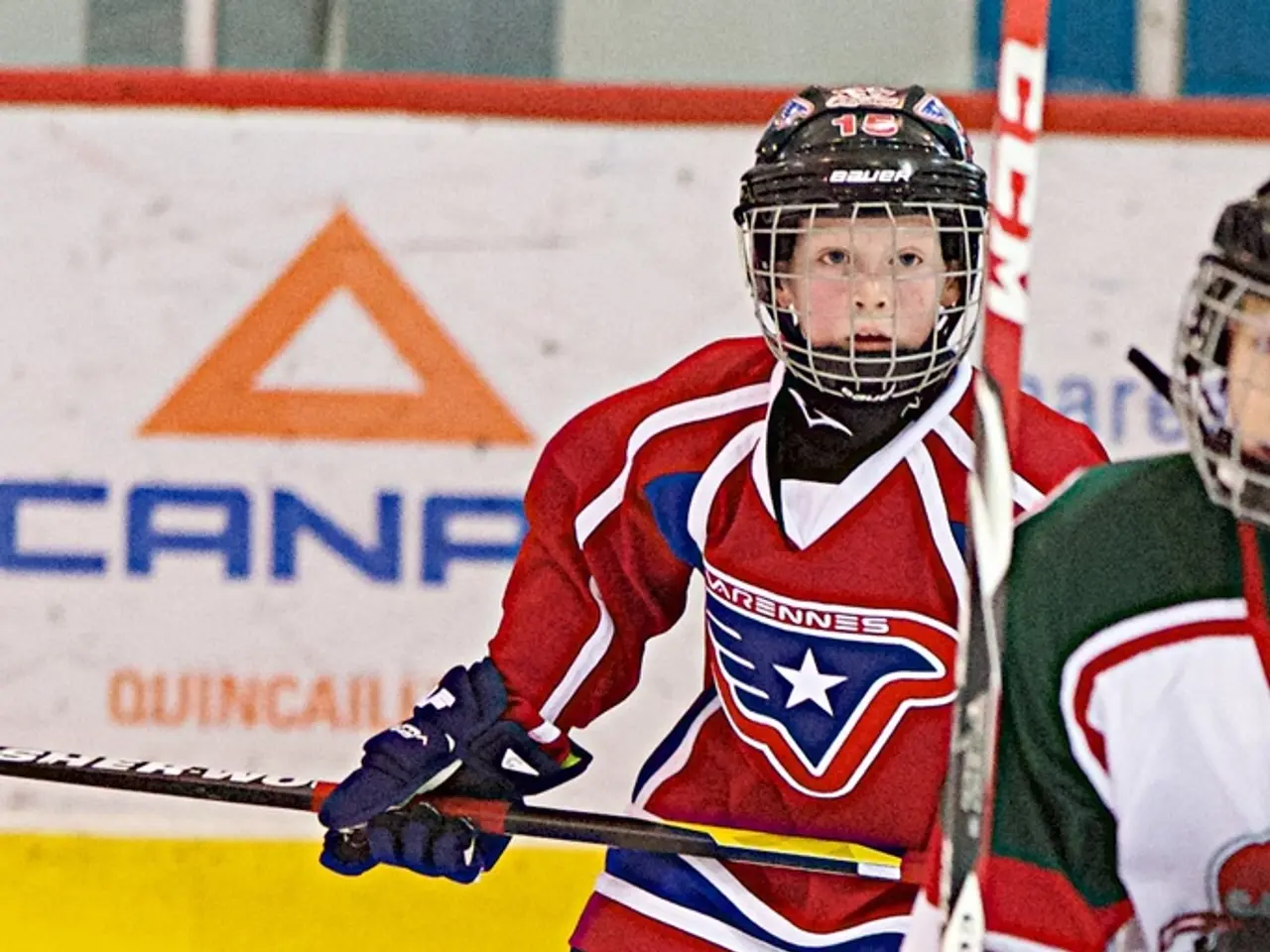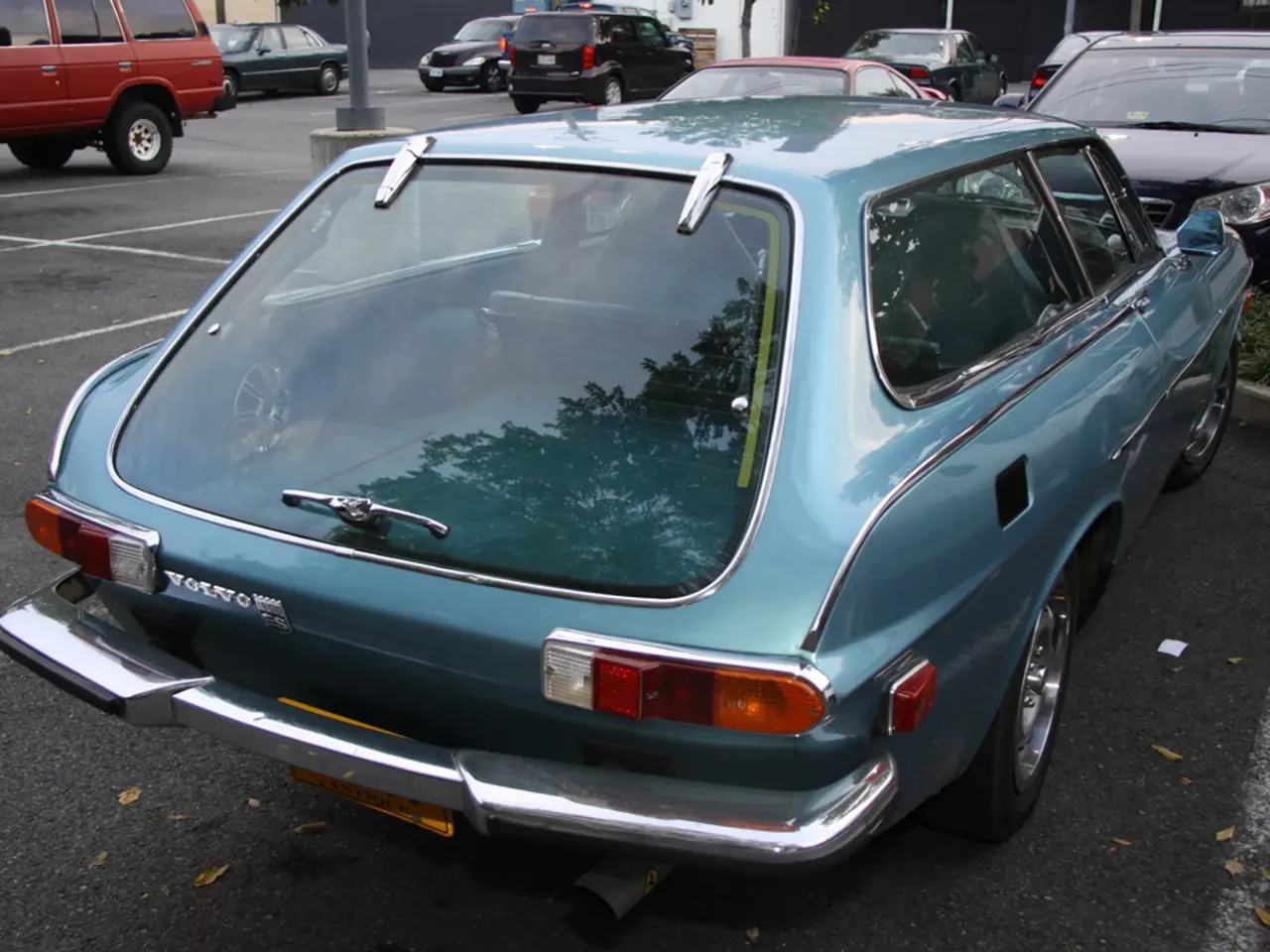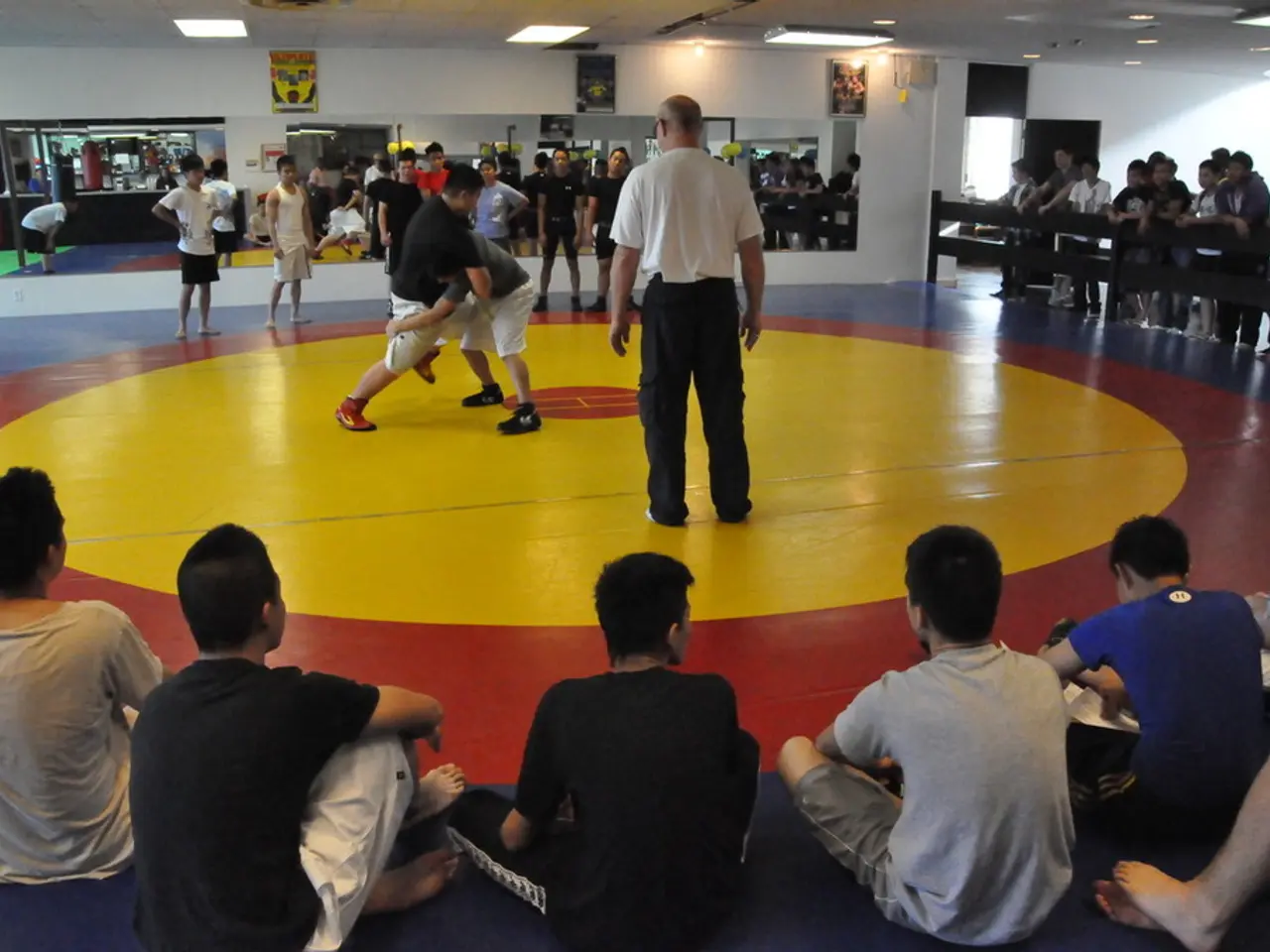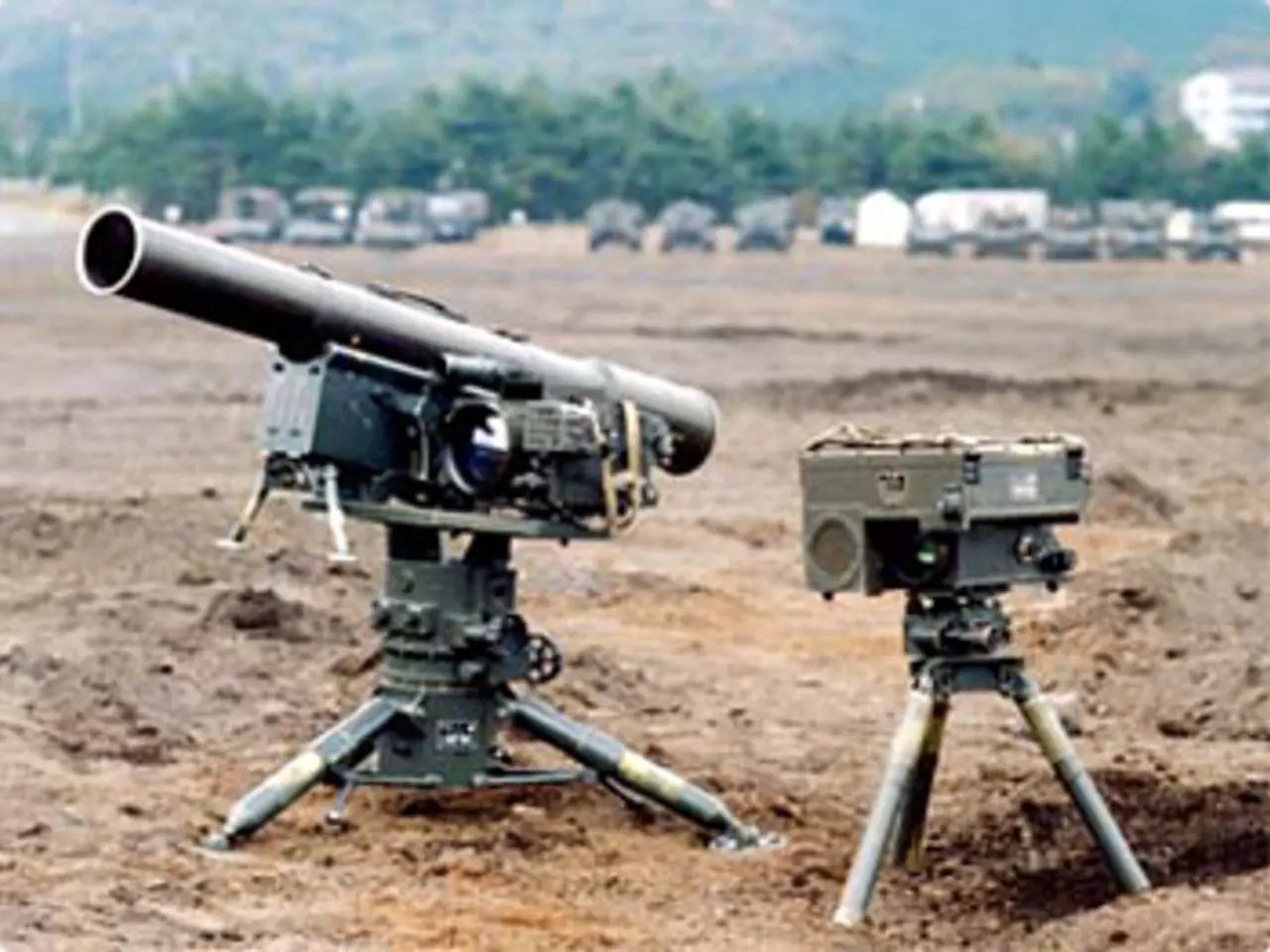Curbing Deforestation: EU Slaps Strict Import Rules on Selected Nations
EU authorities are tightening import regulations for specific nations, imposing more stringent criteria.
Hang out with me 💰 Facebook Twitter Whatsapp E-Mail Print Copy Link
In a move to halt deforestation, nations like Brazil and Indonesia have managed to dodge tougher import regulations, temporarily at least, according to insiders in Brussels. Reports from AFP reveal that the EU Commission initially intends to label four nations as high-risk deforestation offenders: Russia, Belarus, North Korea, and Myanmar. These are set to face stringent import rules.
The classification of countries is based on the EU's anti-deforestation regulation for supply chains. This law essentially bans the sale of products from areas deforested post-2020, including coffee, palm oil, soy, cocoa, rubber, and beef. Companies are expected to ensure compliance via satellite-aided location data. The risk level of a country dictates the level of monitoring and control required. The regulation incorporates three categories: low, standard, and high risk.
As reported by AFP on Tuesday, all EU countries will reportedly be part of the lowest-risk category. Meanwhile, the EU Commission is said to greenlight a low deforestation risk for the USA and China. The high-risk label is reserved for countries already facing trade sanctions, such as Russia, Belarus, North Korea, and Myanmar. The regulation stirred quite a fuss last year because of delays in risk classification, an IT system for businesses, and other documentation. Following pressure from trading partners like Brazil and EU member states themselves, lawmakers delayed the sales ban deadline from the end of 2024 to December 31, 2025.
Sources claim that EU nations generally agreed to the Commission's classification after a closed-door vote on Monday. An official announcement of the list is expected in mid-June.
Sources: ntv.de, AFP
Additional Insights:
- The EU Deforestation Regulation (EUDR) aims to combat deforestation and stop imports from contributing to this practice [1][4].
- Companies will be required to use satellite-supported location data to ensure compliance with the new rules [3].
- The high-risk classification for Russia, Belarus, Myanmar, and North Korea is due to their current trade sanctions [2].
- The sales ban on deforestation-linked goods was initially scheduled for the end of 2024, but the deadline has been pushed back to December 31, 2025 [3].
[1] https://www.euractiv.com/section/agriculture-food/news/eu-deforestation-regulation-goes-global-as-kick-off-meeting-begins/[2] https://www.reuters.com/business/environment/eu-members-confirm-plans-blacklist-countries-over-deforestation-2021-06-08/[3] https://www.reuters.com/business/environment/exclusive-there-will-be-eu-demonstration-effect-says-head-eu-deforestation-political-group-2021-06-07/[4] https://eur-lex.europa.eu/legal-content/EN/TXT/HTML/?uri=CELEX:32021R0681&from=EN
- The European Union's community policy includes the EU Deforestation Regulation (EUDR), which aims to combat deforestation and stop imports from contributing to this practice, especially from countries classified as high-risk deforestation offenders, such as Russia, Belarus, North Korea, and Myanmar.
- In addition to the EUDR, environmental-science and policies like it can also impact climate-change and the environment by promoting vocational training and education in sustainable practices, reducing the overall deforestation rate and preventing the loss of vital ecosystems.
- The ongoing discussions and decisions around the EUDR have generated general news and political discourse, with some countries like Brazil voicing concerns and applying pressure to delay the implementation of stricter import rules and the sales ban on deforestation-linked products, originally scheduled for the end of 2024, now delayed until December 31, 2025.
